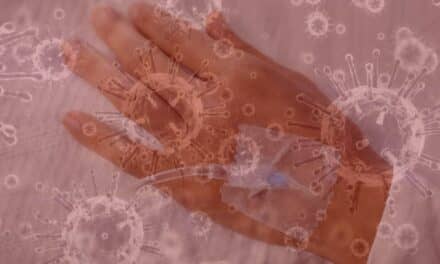With hospital-acquired infections on the rise, biomeds have been encouraged to practice better hand hygiene and be more attentive to the sterilization procedures at their facilities.
Now DebMed, a maker of hand hygiene products for healthcare and creator of the DebMed GMS (Group Monitoring System), has released results from its 4th annual survey on facilities’ data collection concerning healthcare hand hygiene compliance. Results gathered from more than 850 healthcare professionals throughout North America show that most respondents believe existing methods of monitoring compliance are insufficient. But while electronic hand hygiene monitoring is known to improve hand hygiene compliance, budget pressures and other healthcare priorities have prevented the widespread adoption of these technologies.
DebMed reports that the data gathered has remained consistent over the past year. Most facilities continue to use direct observation and “secret shoppers” to measure and report hand hygiene compliance, although approximately 90% of respondents believe that the observer effect over-inflates compliance rates, skewing their data. More than 80% of respondents reported not being extremely satisfied with their data, and 76% of respondents in the US believe electronic monitoring of hand hygiene compliance to be more accurate than their current monitoring methods. Results showed that 36% of respondents currently have or are considering implementing an electronic hand hygiene monitoring system.
According to DebMed, hospital-acquired infections cost healthcare $10 billion each year. The survey showed that there has been an increase in awareness and action at hospitals: 60% of respondents said their CEO would list hand hygiene compliance among their facility’s top priorities. Of the US hospitals currently considering the purchase of an electronic hand hygiene monitoring system, 79% already have a budget allocated for the purchase as part of an infection prevention program.
For more results from the study, visit the DebMed website.




